Am I Saved 3
Chris Knepp

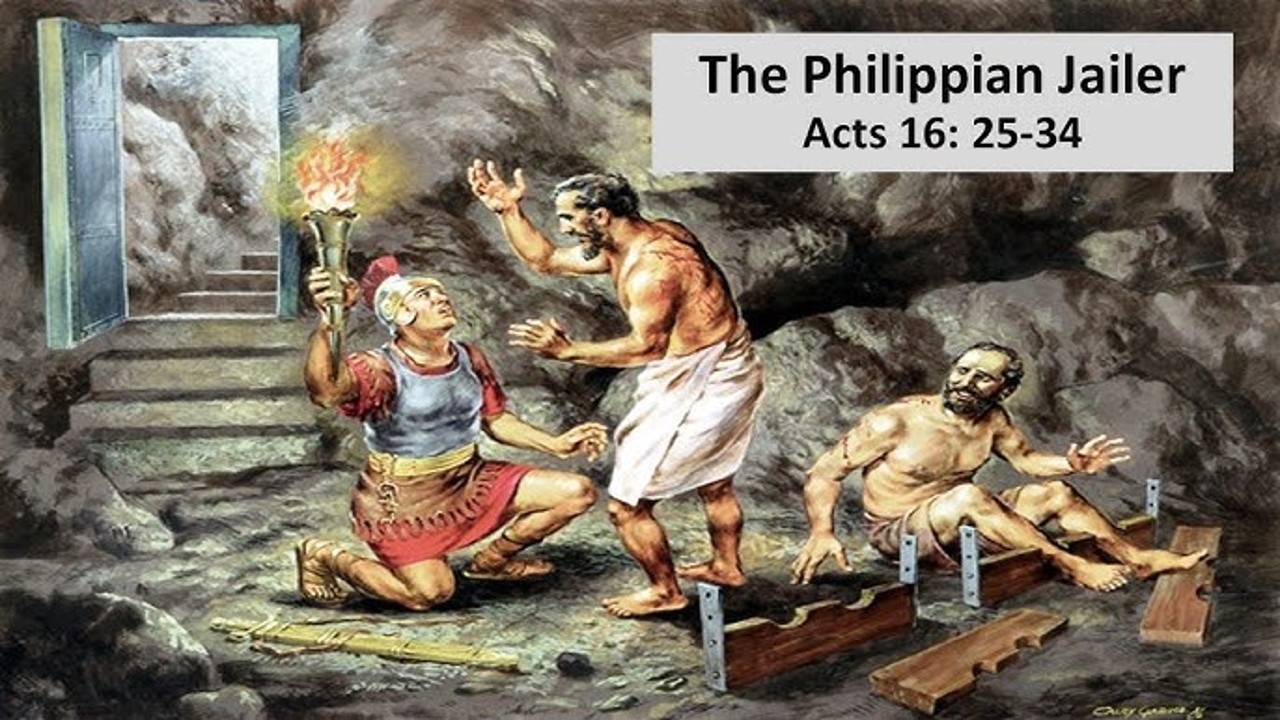
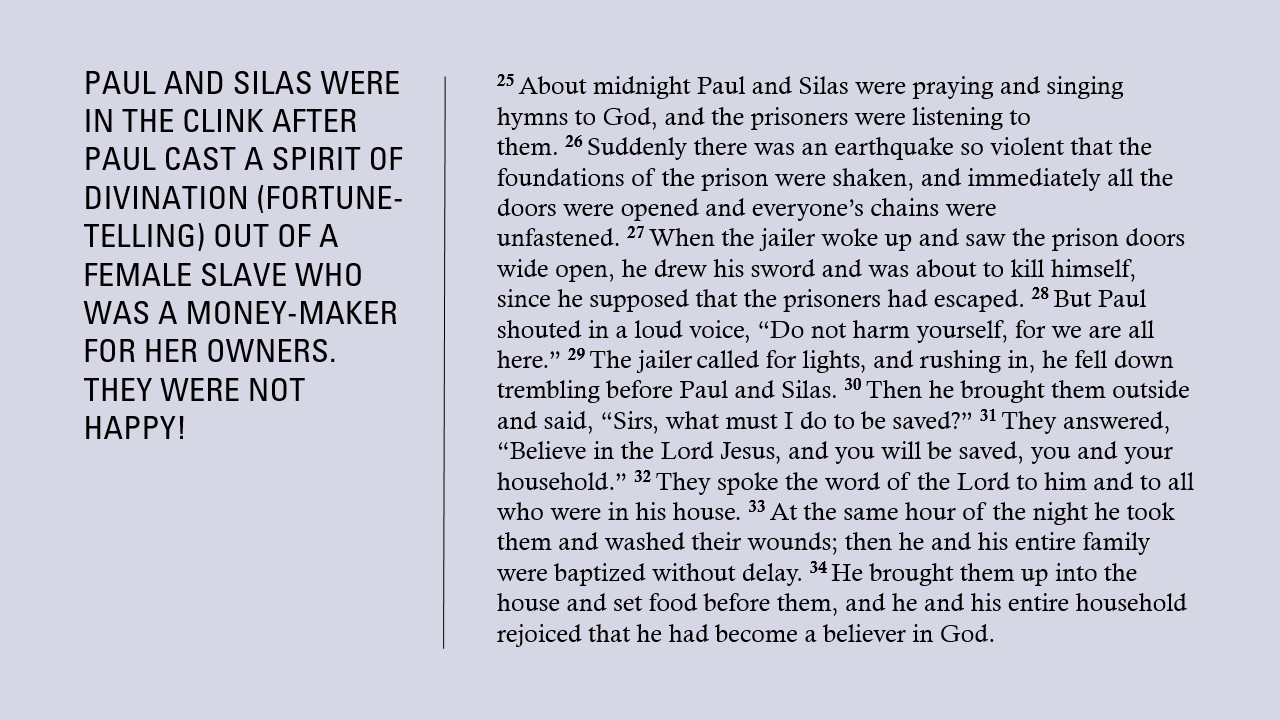

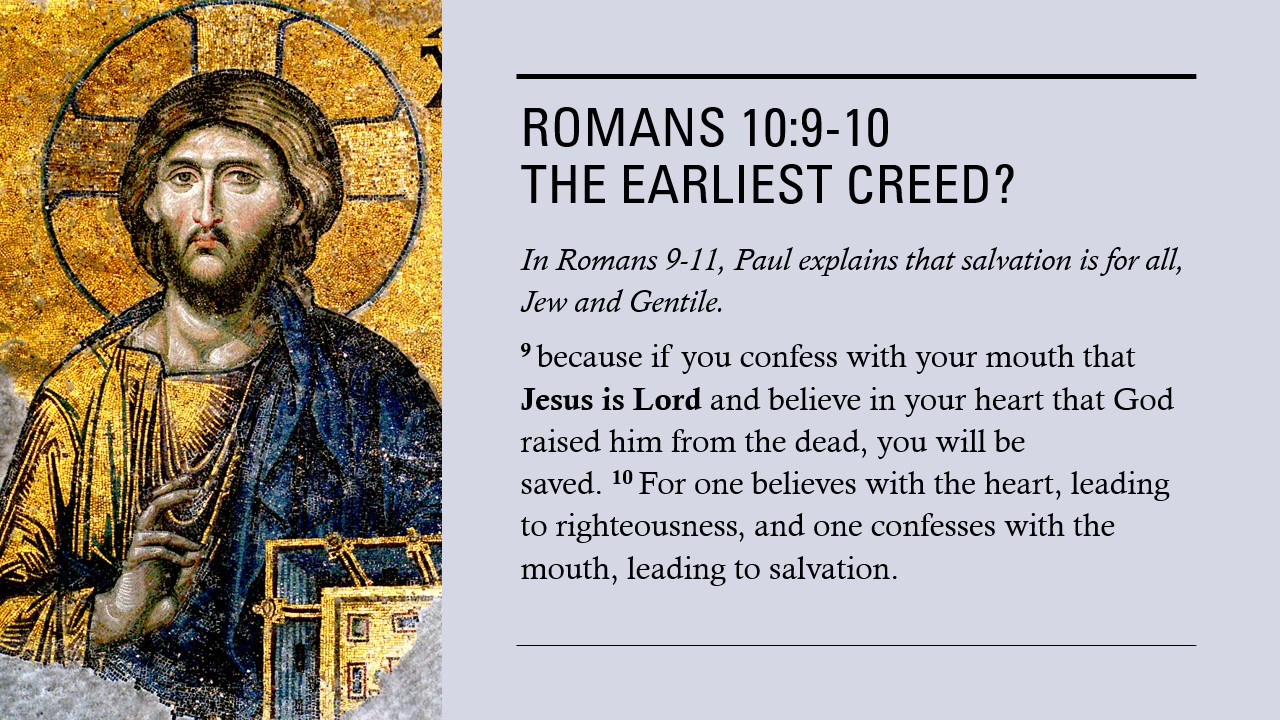
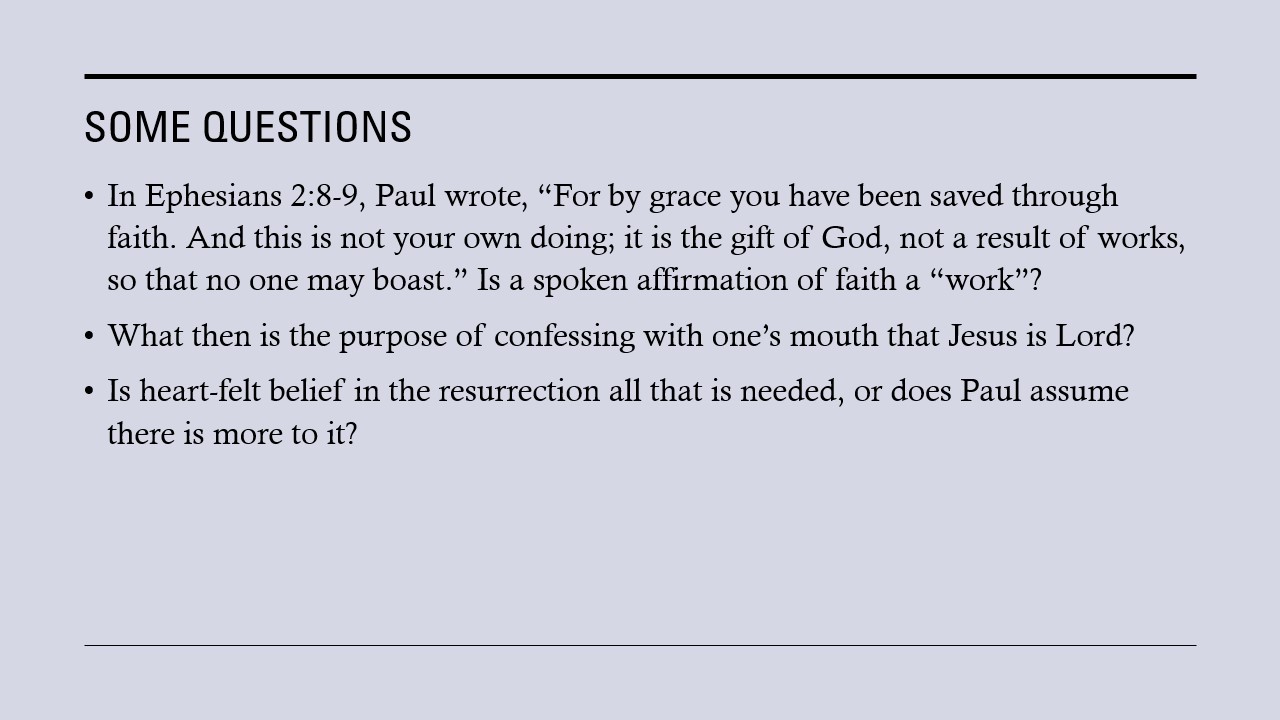
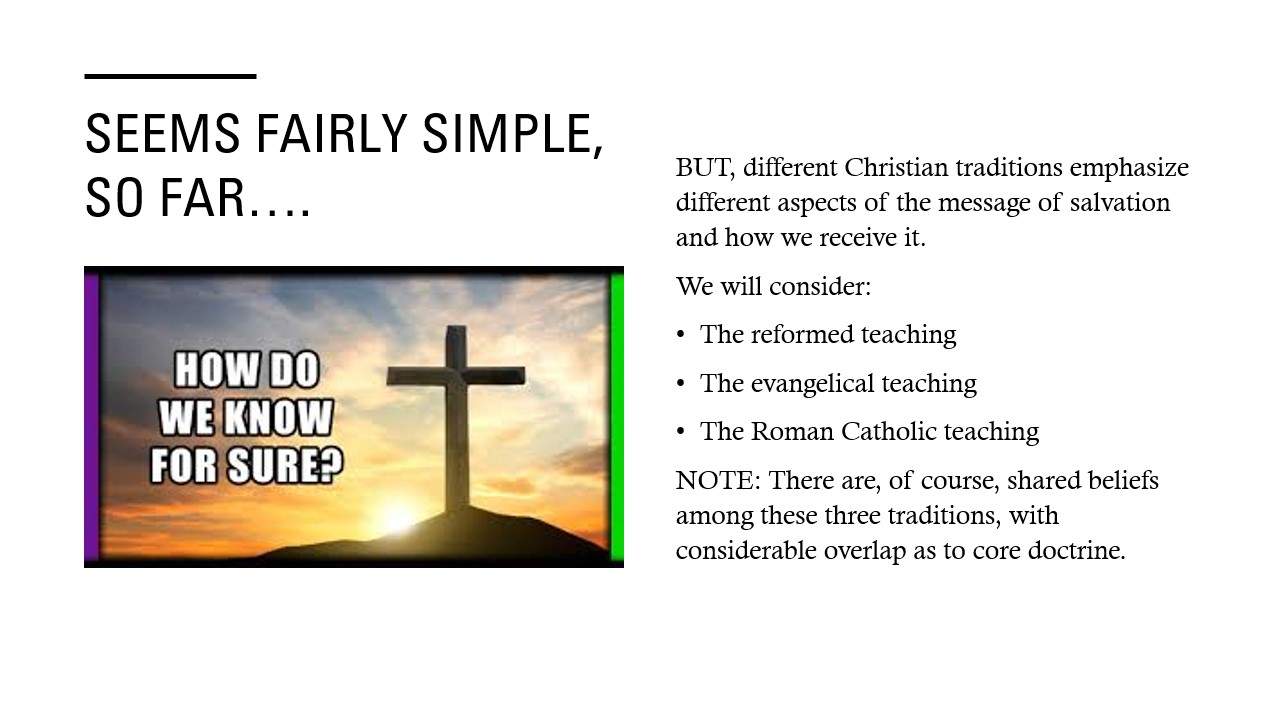
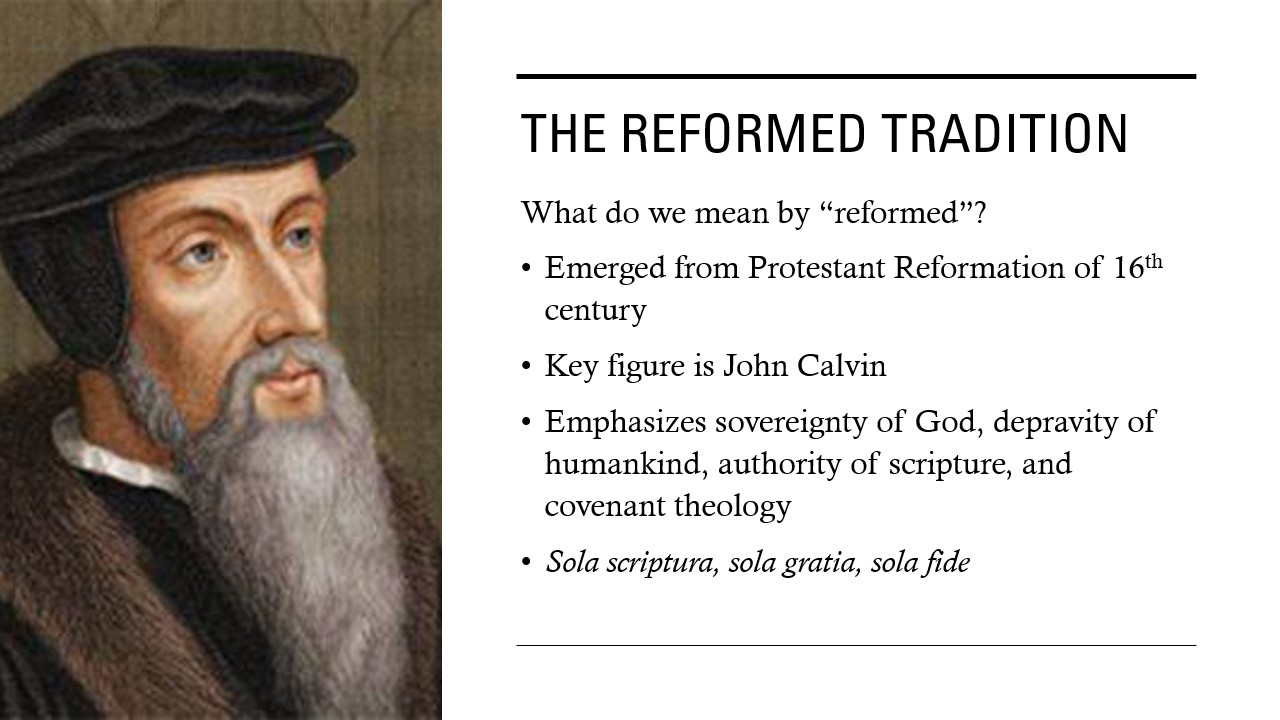
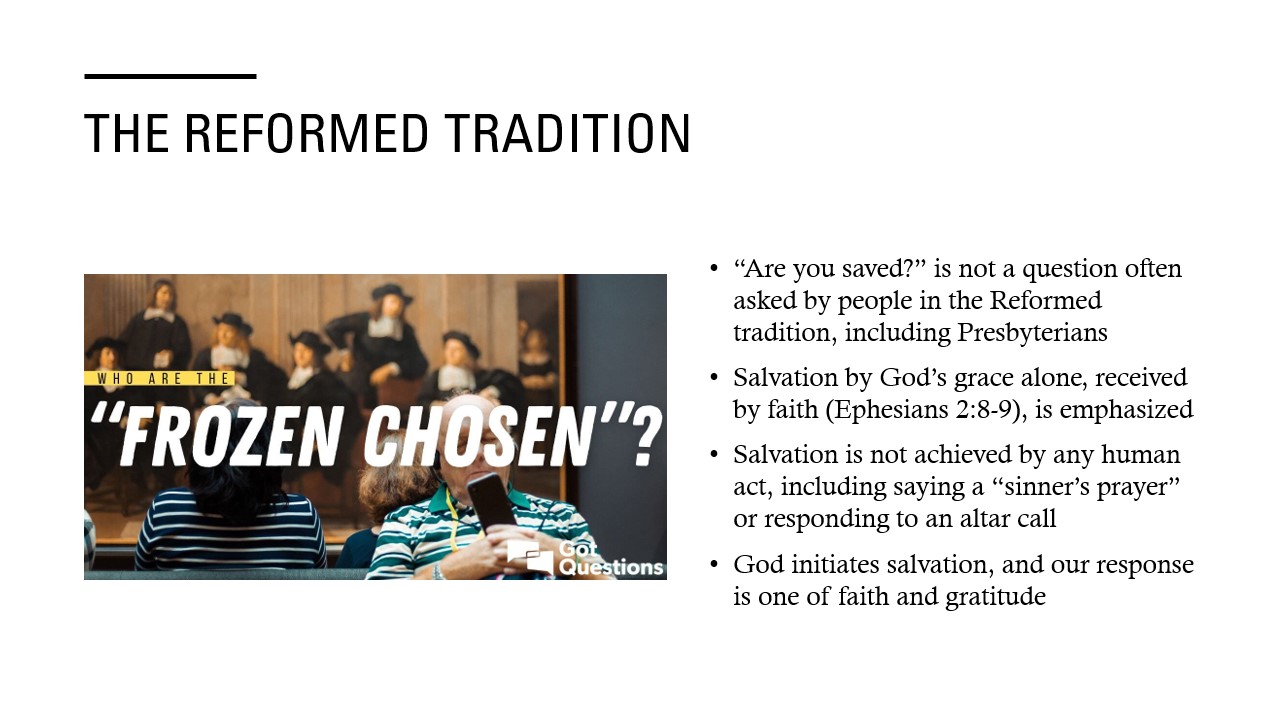
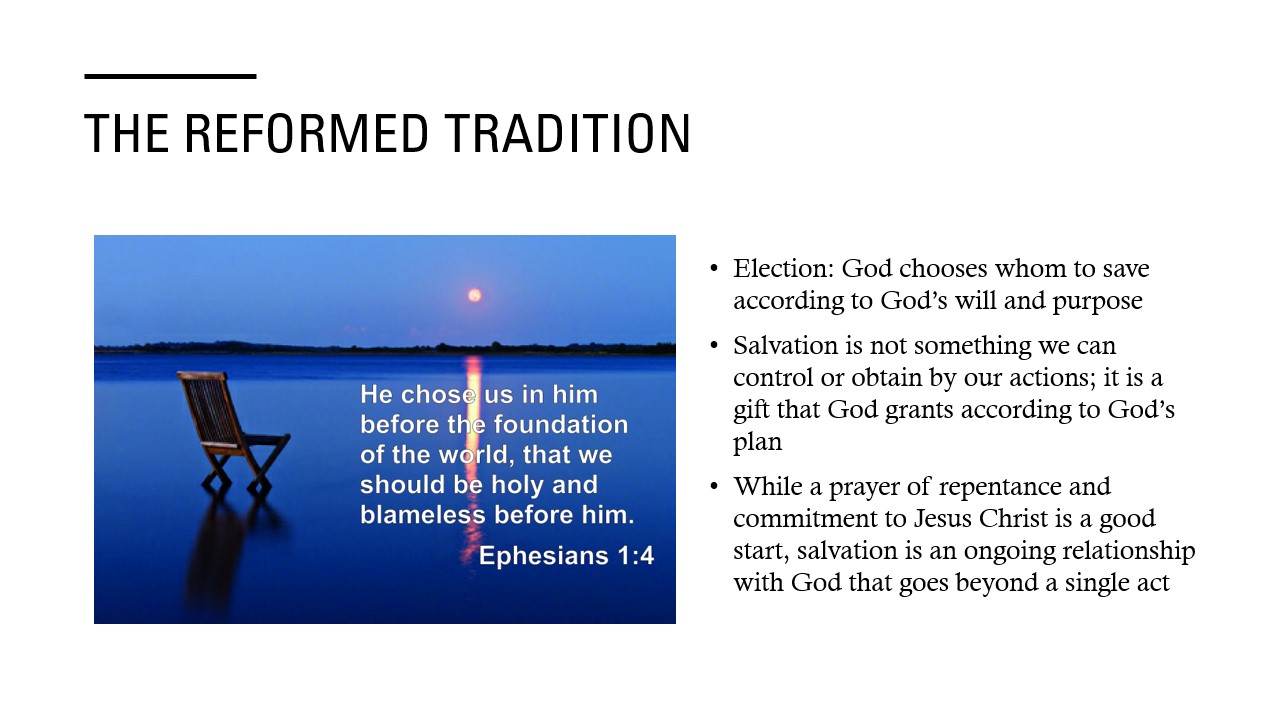
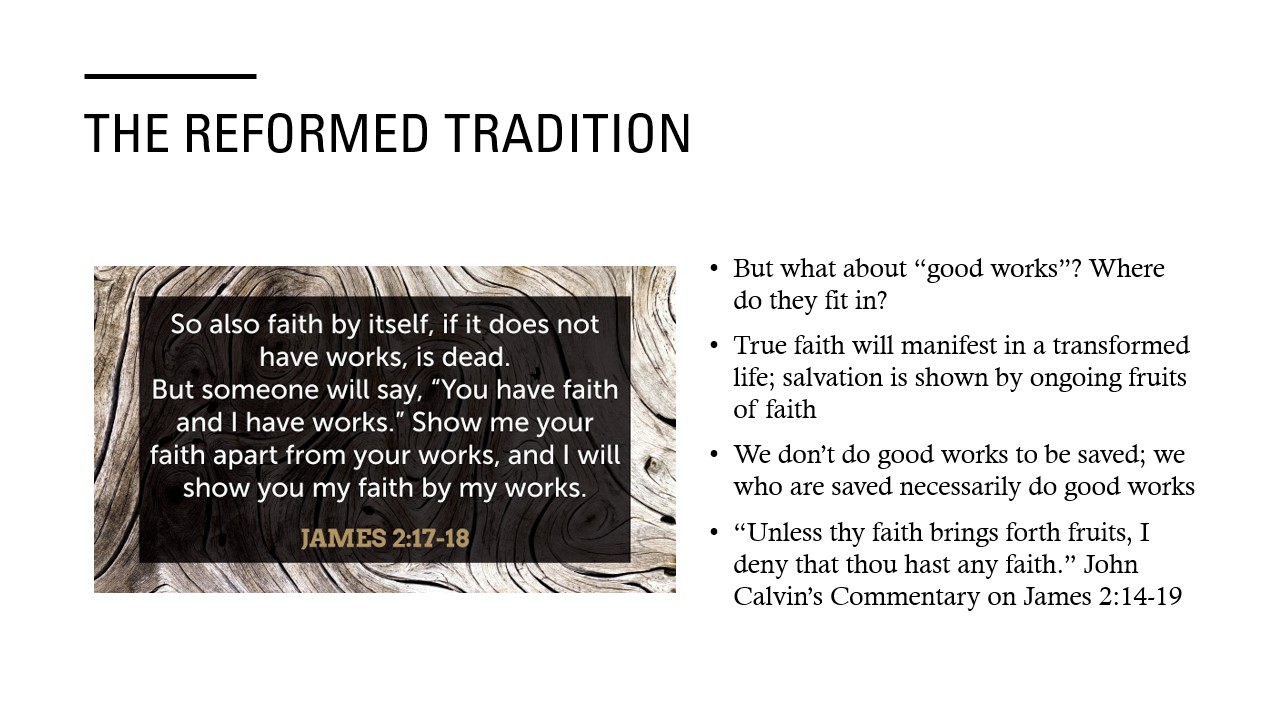
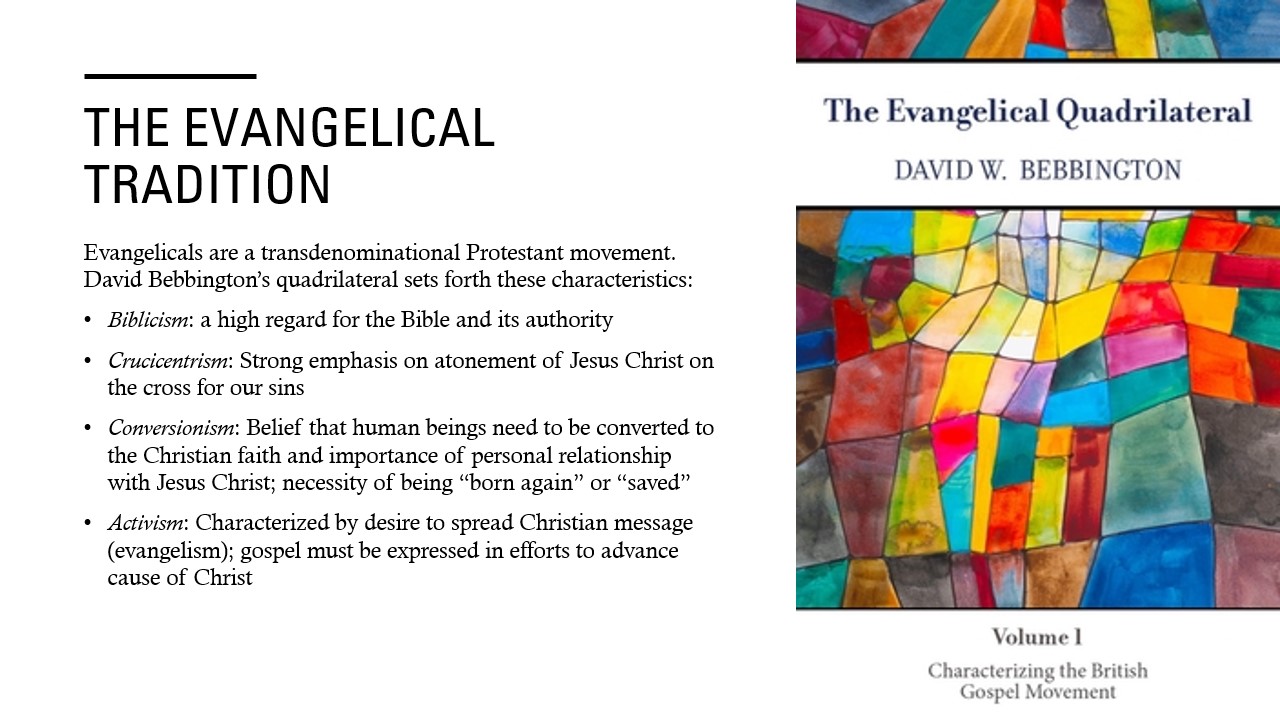
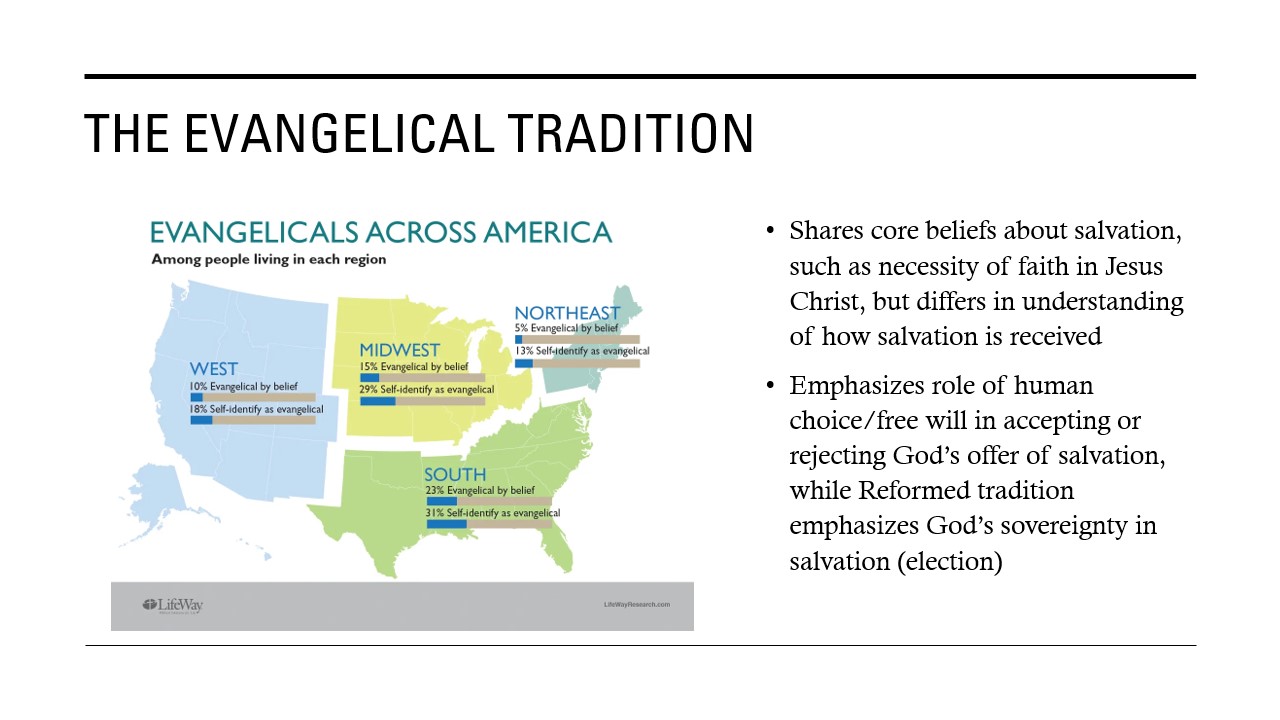
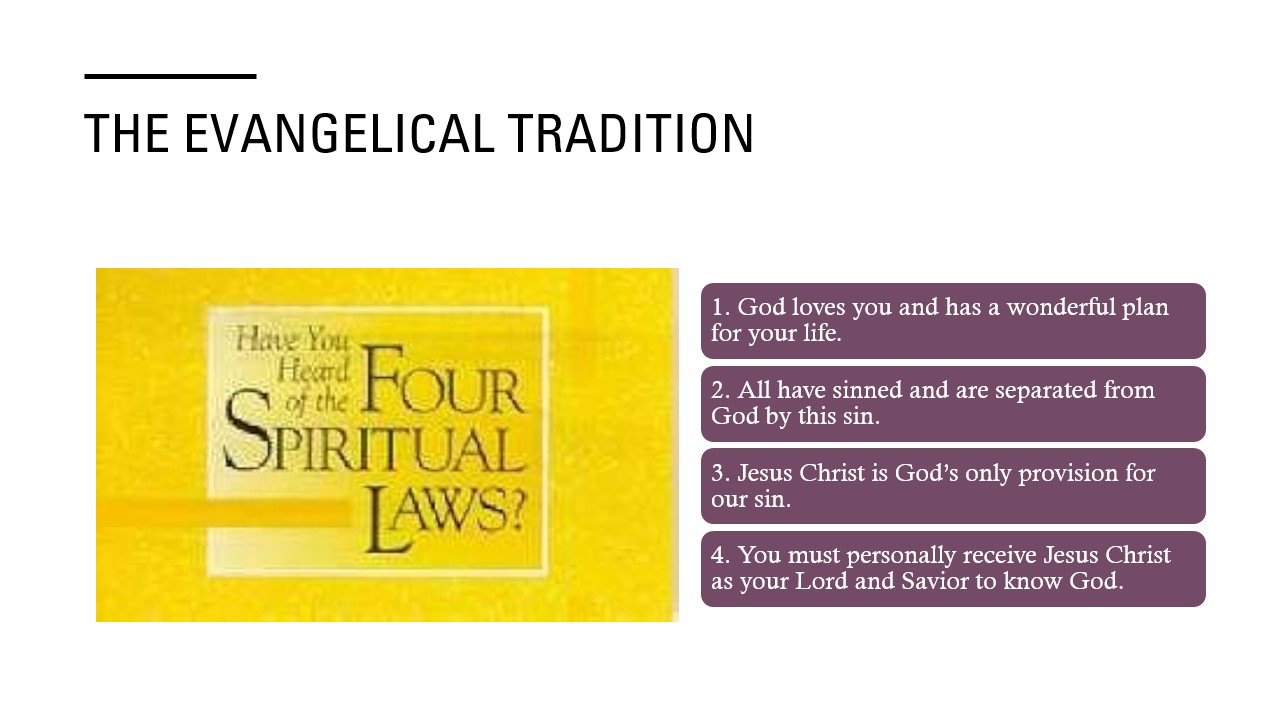
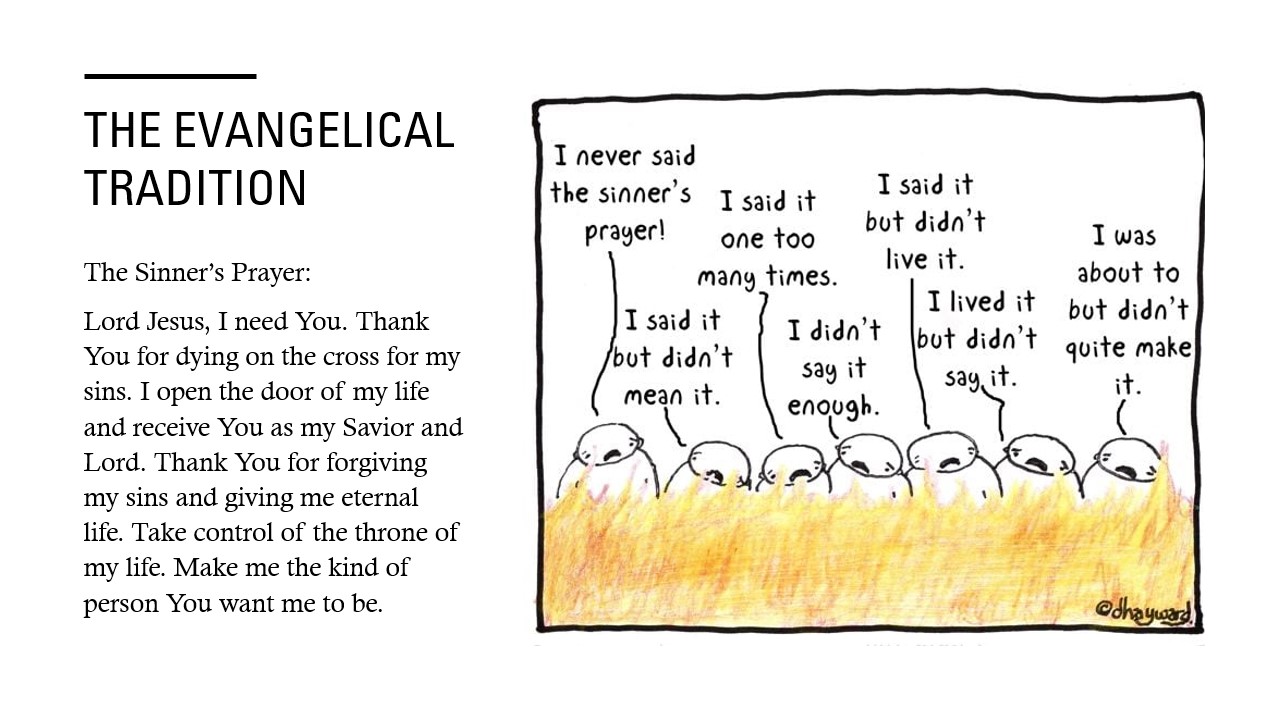
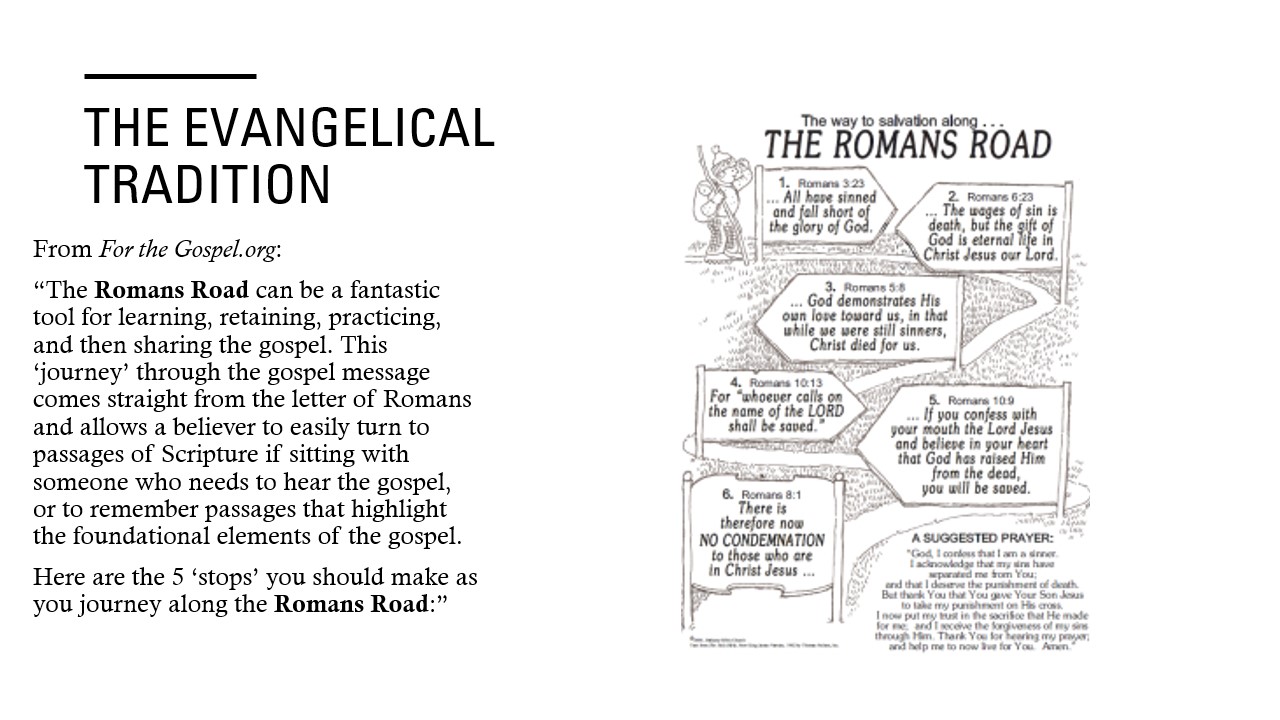
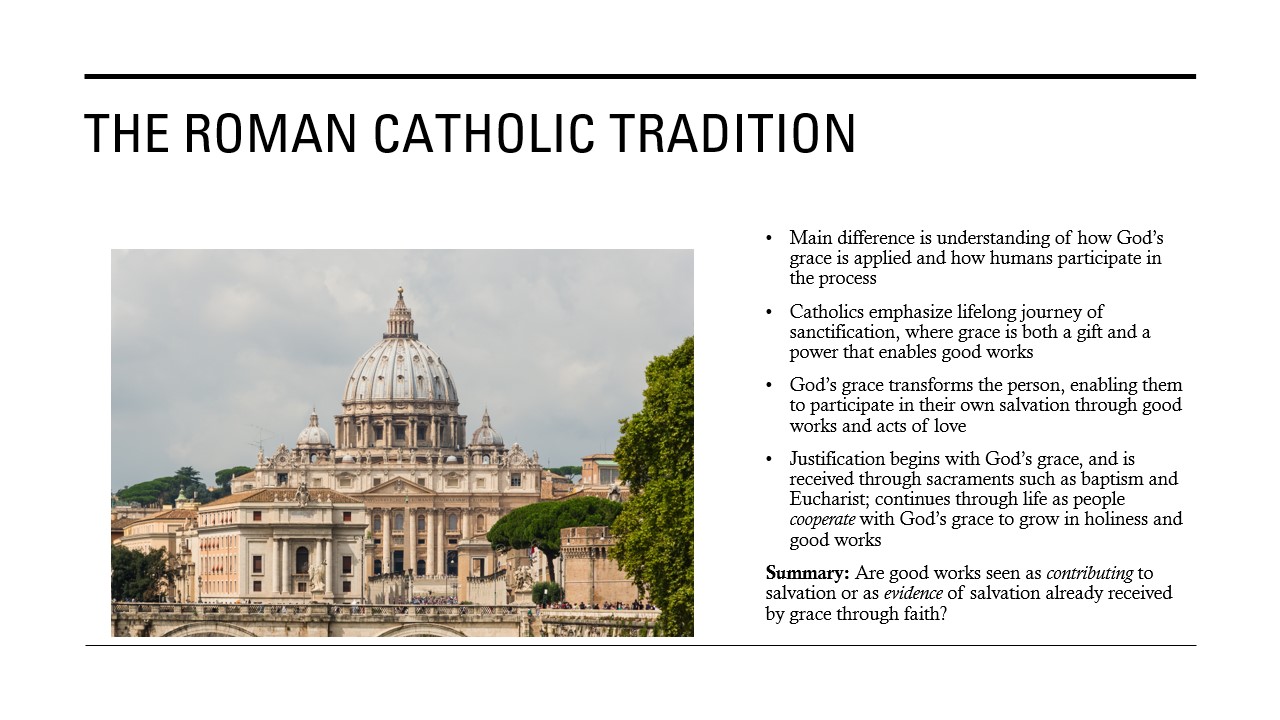
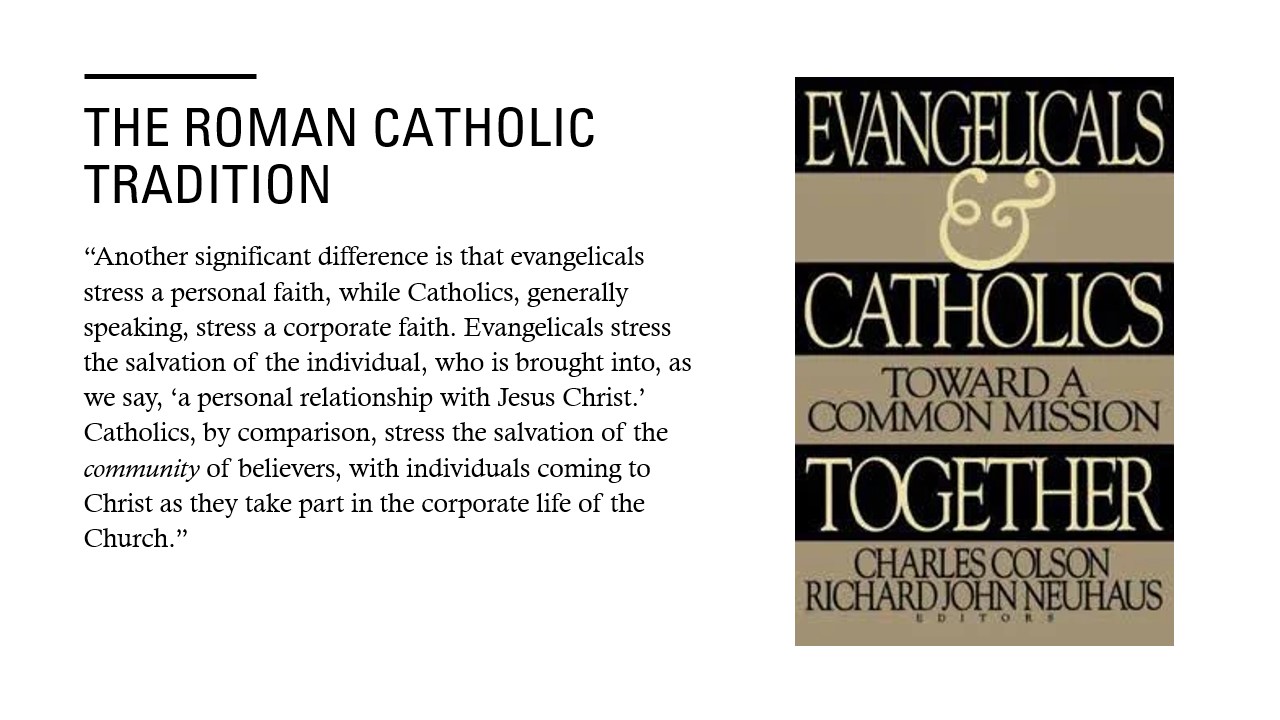
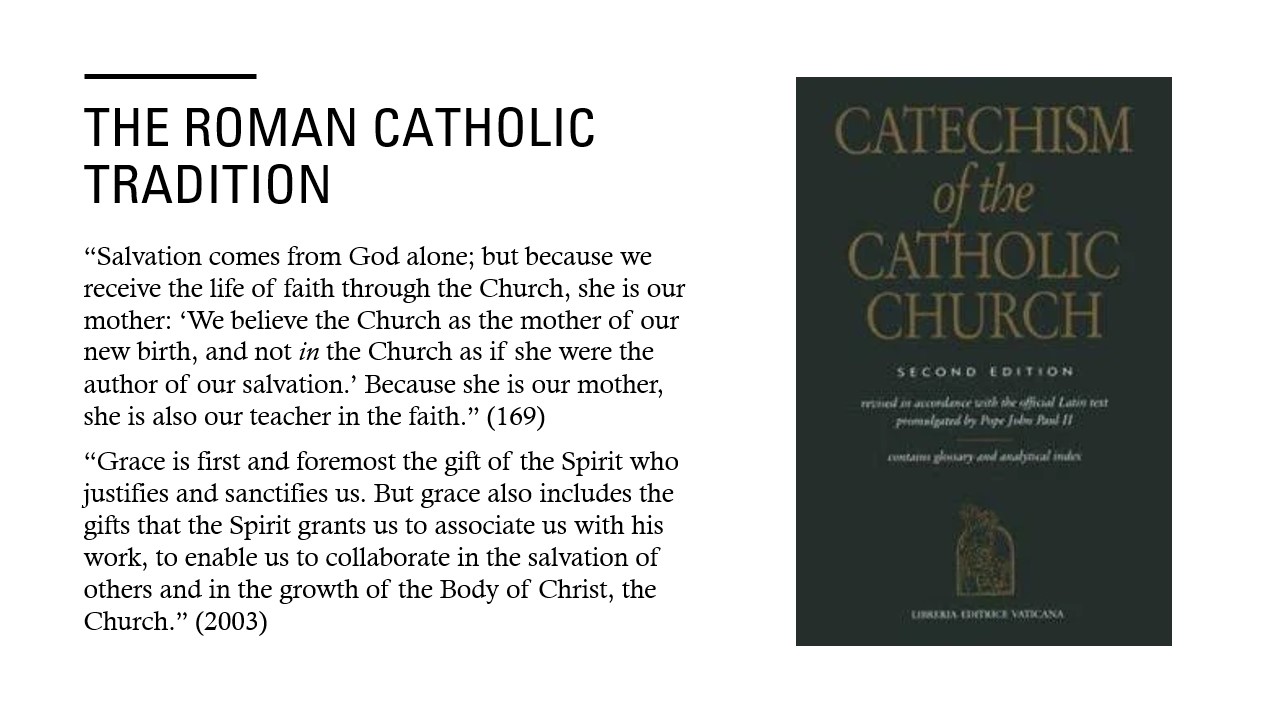
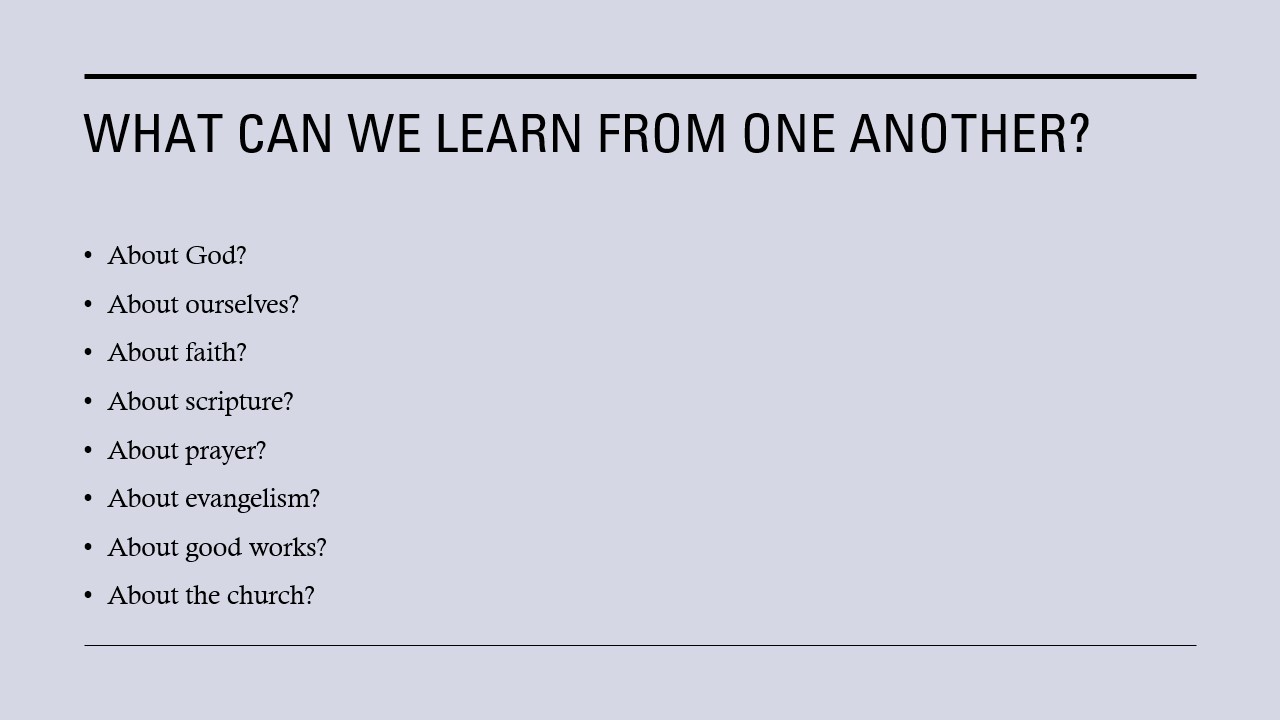
Am I Saved 3
Links
<< Home >> << Am I Saved Menu >>
Am I Saved 3 - The Text
What must I do to be saved?
Said thePhilippian jailer to Paul and Silas….(Acts 16:30)
25 About midnight Paul and Silas were praying and singing hymns to God, and the prisoners were listening to them. 26 Suddenly there was an earthquake so violent that the foundations of the prison were shaken, and immediately all thedoors were opened and everyone’s chains were unfastened. 27 When the jailer woke up and saw the prison doors wide open, he drew his sword and was about to kill himself, since he supposed that the prisoners had escaped. 28 But Paul shouted in a loud voice, “Do not harm yourself, for we are all here.” 29 The jailer called for lights, and rushing in, he fell down trembling before Paul and Silas. 30 Then he brought them outside and said, “Sirs, what must I do to be saved?” 31 They answered,“Believe in the Lord Jesus, and you will be saved, you and your household.” 32 They spoke the word of the Lord to him and to all who were in his house. 33 At the same hour of the night he took them and washed their wounds; then he and his entire family were baptized without delay. 34 He brought them up into the house and set food before them, and he and his entire household rejoiced that he had become a believer in God.
· What did the Philippian jailer have to do to be saved?
· What are some things he apparently didn’t have to do?
· What is the purpose of the baptism?
· What is the deal with the jailer’s family?
Romans 10:9-10
The earliest creed?
In Romans 9-11, Paul explains that salvation is for all, Jew and Gentile.
9 because if you confess with your mouth that Jesus is Lord and believe in your heart that God raised him from the dead, you will be saved. 10 For one believes with the heart, leading to righteousness, and one confesses with the mouth, leading to salvation.
Some Questions
· In Ephesians 2:8-9, Paul wrote, “For by grace you have been saved through faith. And this is not your own doing; it is the gift of God, not a result of works,so that no one may boast.” Is a spoken affirmation of faith a “work”?
· What then is the purpose of confessing with one’s mouth that Jesus is Lord?
· Is heart-felt belief in the resurrection all that is needed, or does Paul assume there is more to it?
Seems Fairly Simple So Far
BUT, different Christian traditions emphasized ifferent aspects of the message of salvation and how we receive it.
We will consider:
· The reformed teaching
· The evangelical teaching
· The Roman Catholic teaching
NOTE: There are, of course, shared beliefs among these three traditions, with considerable overlap as to core doctrine.
The Reformed Tradition
What do we mean by “reformed”?
· Emerged from Protestant Reformation of 16th century
· Key figure is John Calvin
· Emphasizes sovereignty of God, depravity of humankind, authority of scripture, and covenant theology
· Sola scriptura, sola gratia, sola fide
· “Are you saved?” is not a question often asked by people in the Reformed tradition, including Presbyterians
· Salvation by God’s grace alone, received by faith (Ephesians 2:8-9), is emphasized
· Salvation is not achieved by any human act, including saying a “sinner’s prayer”or responding to an altar call
· God initiates salvation, and our response is one of faith and gratitude
· Election: God chooses whom to save according to God’s will and purpose
· Salvation is not something we can control or obtain by our actions; it is a gift that God grants according to God’s plan
· While a prayer of repentance and commitment to Jesus Christ is a good start, salvation is an ongoing relationship with God that goes beyond a single act.
· But what about “good works”? Where do they fit in?
· True faith will manifest in a transformed life; salvation is shown by ongoing fruits of faith
· We don’t do good works to be saved; we who are saved necessarily do good works
· “Unless thy faith brings forth fruits, I deny that thou hast any faith.” John Calvin’s Commentary on James 2:14-19
Evangelicals
Evangelicals are a transdenominational Protestant movement - David Bebbington’s quadrilateral sets forth these characteristics:
· Biblicism: a high regard for the Bible and its authority
· Crucicentrism: Strong emphasis on atonement of Jesus Christ on the cross for our sins
· Conversionism: Belief that human beings need to be converted to the Christian faith and importance of personal relationship with Jesus Christ; necessity of being “born again” or “saved”
· Activism: Characterized by desire to spread Christian message (evangelism); gospel must be expressed in efforts to advance cause of Christ
· Shares core beliefs about salvation,such as necessity of faith in Jesus Christ, but differs in understanding of how salvation is received
· Emphasizes role of human choice/free will in accepting or rejecting God’s offer of salvation, while Reformed tradition emphasizes God’s sovereignty in salvation (election)
· The Sinner’s Prayer:
· Lord Jesus, I need You. ThankYou for dying on the cross for my sins. I open the door of my life and receive You as my Savior and Lord. Thank You for forgiving my sins and giving me eternal life. Take control of the throne of my life. Make me the kind of person You want me to be.
From For the Gospel.org:
“The Romans Road can be a fantastic tool for learning, retaining, practicing,and then sharing the gospel. This ‘journey’ through the gospel message comes straight from the letter of Romans and allows a believer to easily turn to passages of Scripture if sitting with someone who needs to hear the gospel,or to remember passages that highlight the foundational elements of the gospel.
Here are the 5 ‘stops’ you should make as you journey along the Romans Road:”
The Roman Catholic Tradition
· Main difference is understanding of how God’s grace is applied and how humans participate in the process
· Catholics emphasize lifelong journey of sanctification, where grace is both a gift and a power that enables good works
· God’s grace transforms the person, enabling them to participate in their own salvation through good works and acts of love
· Justification begins with God’s grace, and is received through sacraments such as baptism and Eucharist; continues through life as people cooperate with God’s grace to grow in holiness and good works
Summary: Are good works seen as contributing to salvation or as evidence of salvation already received by grace through faith?
“Another significant difference is that evangelicals stress a personal faith, while Catholics, generally speaking, stress a corporate faith. Evangelicals stress the salvation of the individual, who is brought into, as we say, ‘a personal relationship with Jesus Christ. ’Catholics, by comparison, stress the salvation of the community of believers, with individuals coming to Christ as they take part in the corporate life of the Church.”
“Salvation comes from God alone; but because we receive the life of faith through the Church, she is our mother: ‘We believe the Church as the mother of our new birth, and not in the Church as if she were the author of our salvation.’ Because she is our mother, she is also our teacher in the faith.” (169)
“Grace is first and foremost the gift of the Spirit who justifies and sanctifies us. But grace also includes the gifts that the Spirit grants us to associate us with his work, to enable us to collaborate in the salvation of others and in the growth of the Body of Christ, the Church.” (2003)
What can we learn from one another?
· About God?
· About ourselves?
· About faith?
· About scripture?
· About prayer?
· About evangelism?
· About good works?
· About the church?